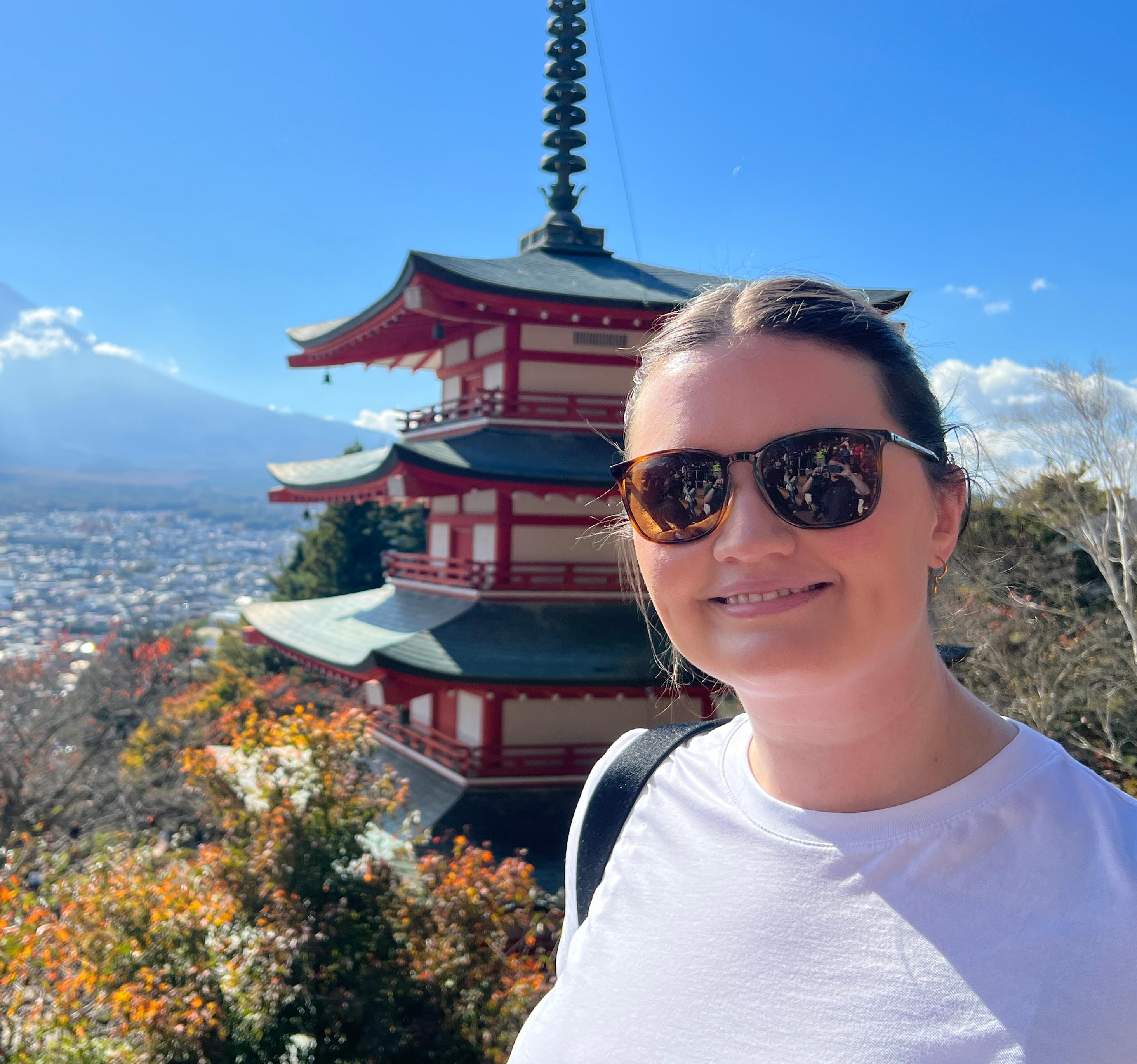There is nothing as satisfying as not paying retail price. Ask a dedicated travel hacker the best time to book a hotel and they’ll gladly cough up their secrets for finding the best deal on a hotel room. Mine include checking events calendars in popular cities like London to make sure I’m not booking during a festival or business convention, or booking a trip right after a major tourist event when the hotels have cleared out.
Pairing your own tricks with data-backed advice can help you find bargains you might have otherwise missed out on. KAYAK research suggests that the further you book in advance, the more expensive the hotel price, unlike flights, which are typically a better deal when you plan well in advance.
More and more, hotels now manage their room revenue through dynamic pricing, tweaking room rates continually based on supply and demand. Of course, hotel prices can vary wildly based on events, bank holidays and time of year – the most significant factor that will impact prices isn’t when you book, but when you stay.
Note: the data in this article should serve as a general guideline and doesn’t guarantee the accuracy of future hotel prices. Happy hunting!
Yes, the best time to book a hotel is at the last minute!

You may be familiar with the airlines’ “21-day rule” in pricing flights. This is where flights open for booking 331 days in advance and from then until 21 days until the flight, you’re statistically most likely to find the cheapest flight, with 44 days being the sweet spot.
Throw that advice out the window for hotels. Why? Hotel pricing doesn’t favour planners. One reason is that hotels typically have a 24- to 48-hour cancellation window. When people cancel close to their date, the hotel would rather put heads in beds than leave the room empty. This means the best time to book a hotel for the lowest price can often be near the stay date.
Of course, there are some reasons you wouldn’t want to wait, like if you really want to stay in a certain hotel, or you’re staying during a busy event (think the London Marathon route or big football matches).
Waiting until the last minute won’t work 100% of the time, but if you’re flexible and your destination has some hotel room inventory, it can be worth a try.
Cheapest days and months of the year to stay in hotels
Best day of the week to stay in a hotel in the UK
So, what is the best day to stay in a hotel? In the UK, the cheapest day to check in is Sunday, at an average price of £85. After all, weekend travellers are likely to have checked out, and business travellers don’t travel as frequently on weekends.
KAYAK data shows that booking a Sunday check-in can be up to 24% cheaper than other days when staying at a domestic hotel. You might want to consider avoiding Saturday check-in, which is statistically the most expensive day with prices up 14% over the average price.
Best day of the week to stay in international hotels

Prices for a Tuesday arrival can be 8% cheaper than average when you’re booking a hotel abroad, since you’ll be hitting that midweek spot when a hotel is likely to be in less demand. Data shows that Friday and Saturday are the most expensive days of the week to check in internationally, with prices up 3.5% compared to the average price.
These price differentials aren’t that significant, though, so if you’re committed to a certain hotel, it may be the best idea to go ahead and book.
Best month to stay at domestic hotels
Destinations in the UK have different high seasons. Overall, summer prices are higher and winter prices are lower. Of course, bank holidays (especially during the festive season) are exceptions. January prices can be up to 16% cheaper and tend to be the cheapest time of year to stay in a hotel in the UK.
The most expensive months are July and August, with prices up 21% compared to low season. If you’re looking for some guidance on pricing, check out KAYAK’s Calendar Smartly price indicators, which colour code rate indicators for both flights and hotels.
Best month to stay in international hotels
If you wait until after the high season, you can snag some deals. KAYAK data shows that January prices can be up to 18% cheaper compared to the average price, and that can be an ideal month to get away, depending on the location.
Pay attention to holiday pricing: August is statistically the highest-priced month for international travel, with prices up 11% above average.
Consider an off-season holiday

You won’t find tons of deals in a place renowned for its major events or for being a holiday destination. Mardi Gras in New Orleans, summer in St. Tropez, New Year’s Eve in New York City – snagging a great rate in these places is more fluke than reality.
KAYAK data shows there are statistical sweet spots around the world between good weather and good savings, like:
- October and November, and March and April in Europe
- January to March, and September to November in Southern Africa
- January in the Caribbean
How to find cheap hotels
Looking for a hotel that suits your budget, vibe and availability can be a little overwhelming. Here are some of my top tips to finding your perfect budget-friendly hotel.
- If time is on your side, find hotels you like in advance, set a Price Alert on KAYAK, and get information on price changes directly to your inbox.
- If a nice hotel is a must, but you don’t have the budget for the area you’re looking in, could you compromise slightly on location? In London, for example, hotels are usually a bit cheaper the further from the centre you are, despite not taking long to get to the centre via the underground or a bus.
- When using KAYAK hotel search, sort your results by price to see all the cheapest deals first. If you have a maximum per night budget you can also set this using the price filter.
Let KAYAK do the work for you
You can also let technology do the analysis for you. KAYAK’s Best Time to Travel tool takes in your origin, destination and length of trip to help guide when you should book and when to travel to get the best price. The insights are estimated from internal historical search data.
When I searched a four-day trip from San Diego to Chicago, it recommended I travel in October, when airfare is lower, the weather is generally still good, and you won’t see a lot of crowds. It recommended I steer clear of June and July based on high prices from last year.
It also estimated weekday versus weekend average pricing and recommended I book now (August for me) for an October trip, since it was likely that booking today will likely yield the lowest price I’ll find on a hotel room.
Conclusion
If you’re willing to do a little legwork like researching your destination, tracking prices, being flexible on dates and researching peak- and off-peak days and months to travel, you may be able to snag a better deal on your hotel stay.
Remember that all travel rules have exceptions, but learning about your destination and using a few technological tools can help prices lean in your favour. Remember, too, that although everyone loves a bargain, sometimes the small amount you may save isn’t worth the risk of losing the room you want.
FAQs
Yes. Unlike flights, hotel prices often go down nearer the desired time of stay. This doesn’t happen every time, but is common practise for hotels keen to fill rooms.
If time is on your side, you can often get the best deal when booking your hotel last minute. However, if you’re keen to book a specific hotel or the stay links with a special occasion, it’s safer to book as soon as possible to avoid disappointment.
According to KAYAK data, the cheapest time to book a hotel in the UK is the week you are due to stay. Of course, this can vary, depending on several factors like events and good old-fashioned luck.









